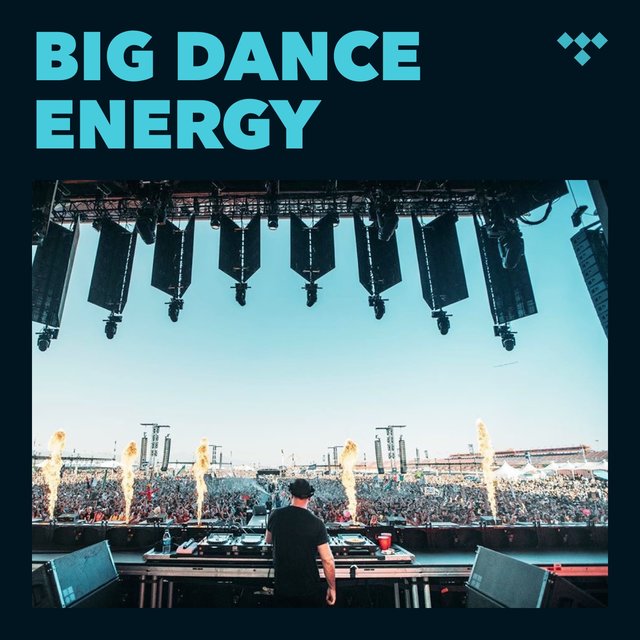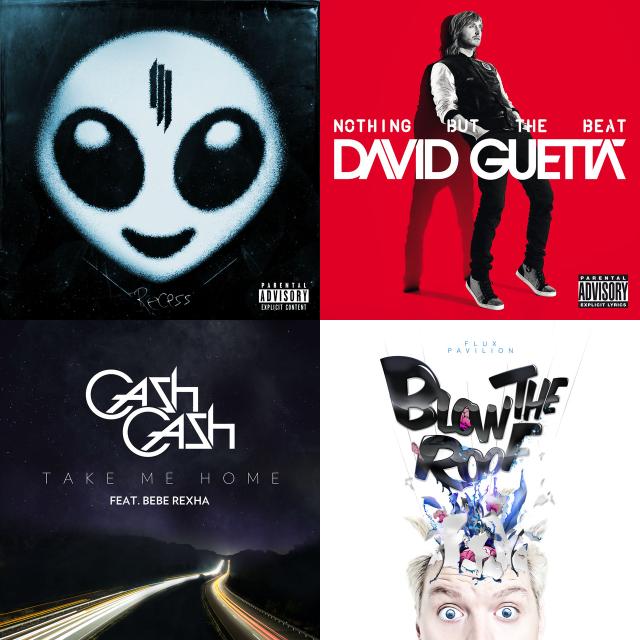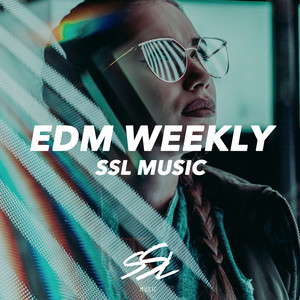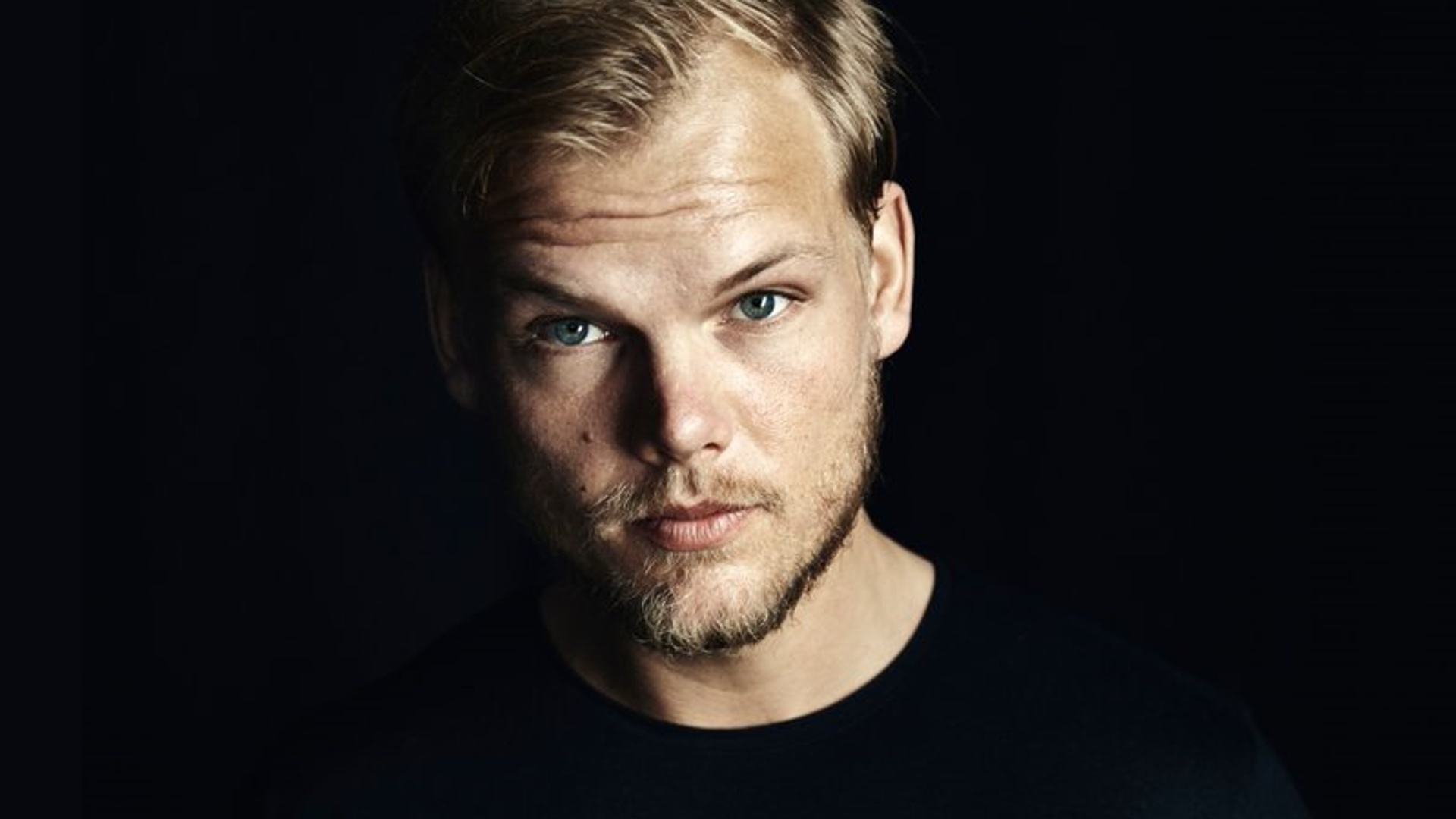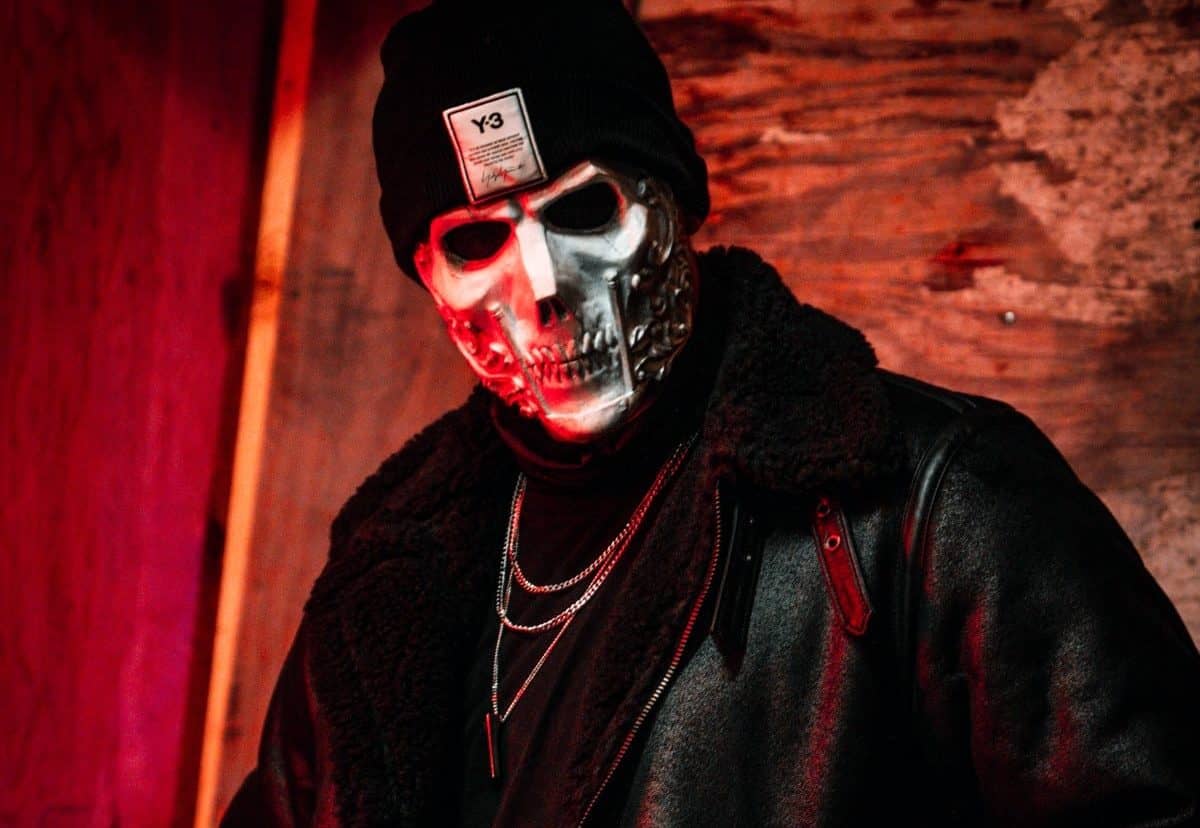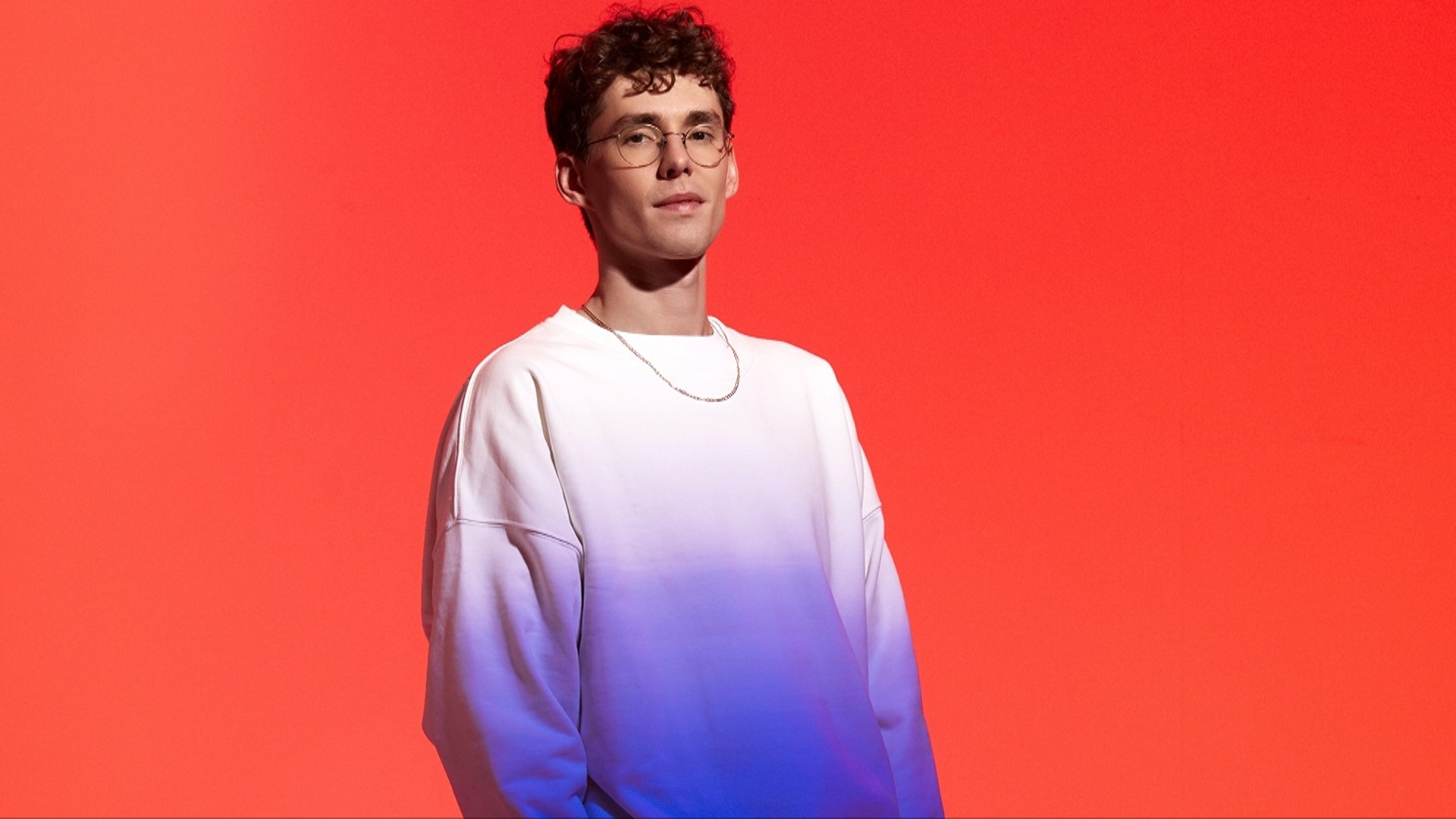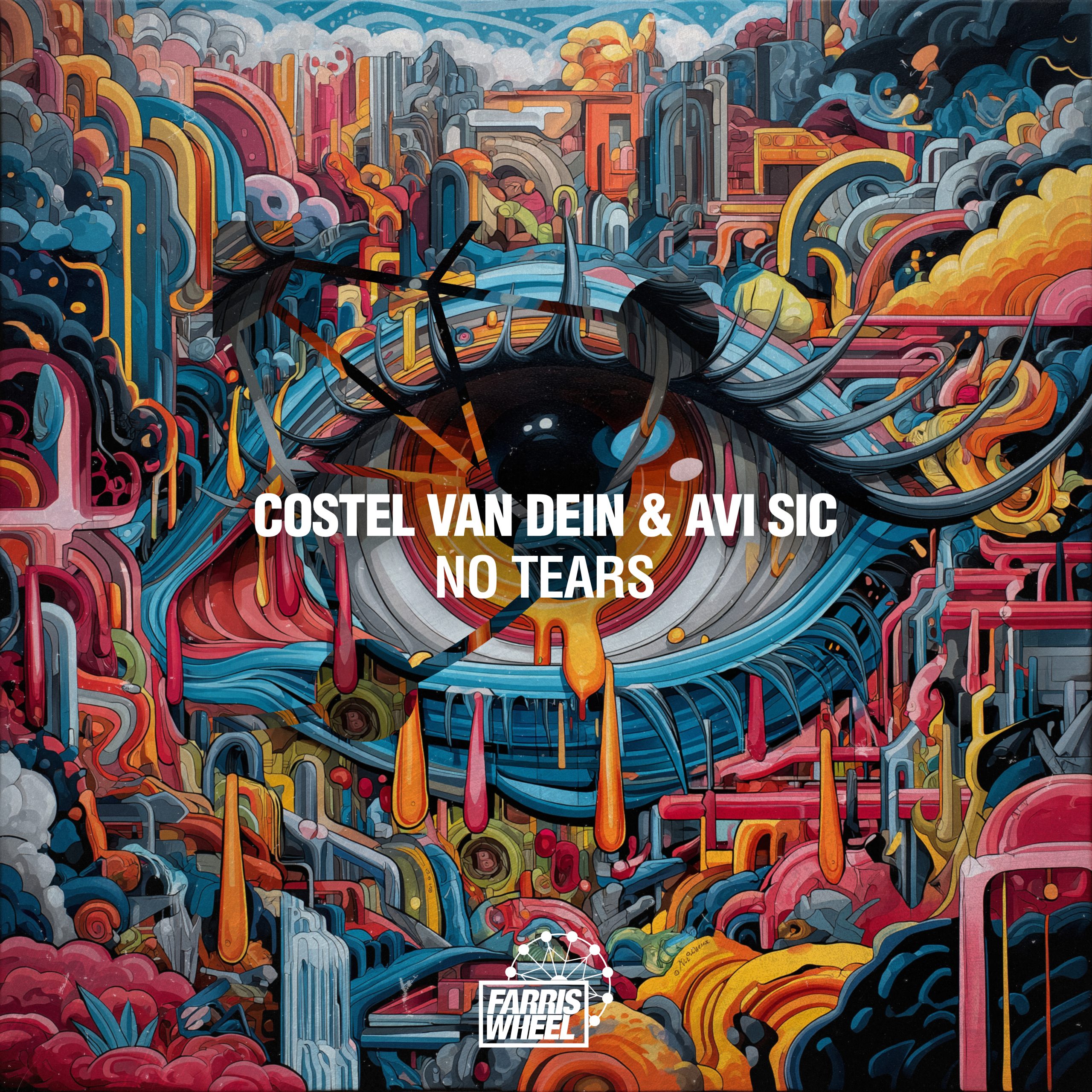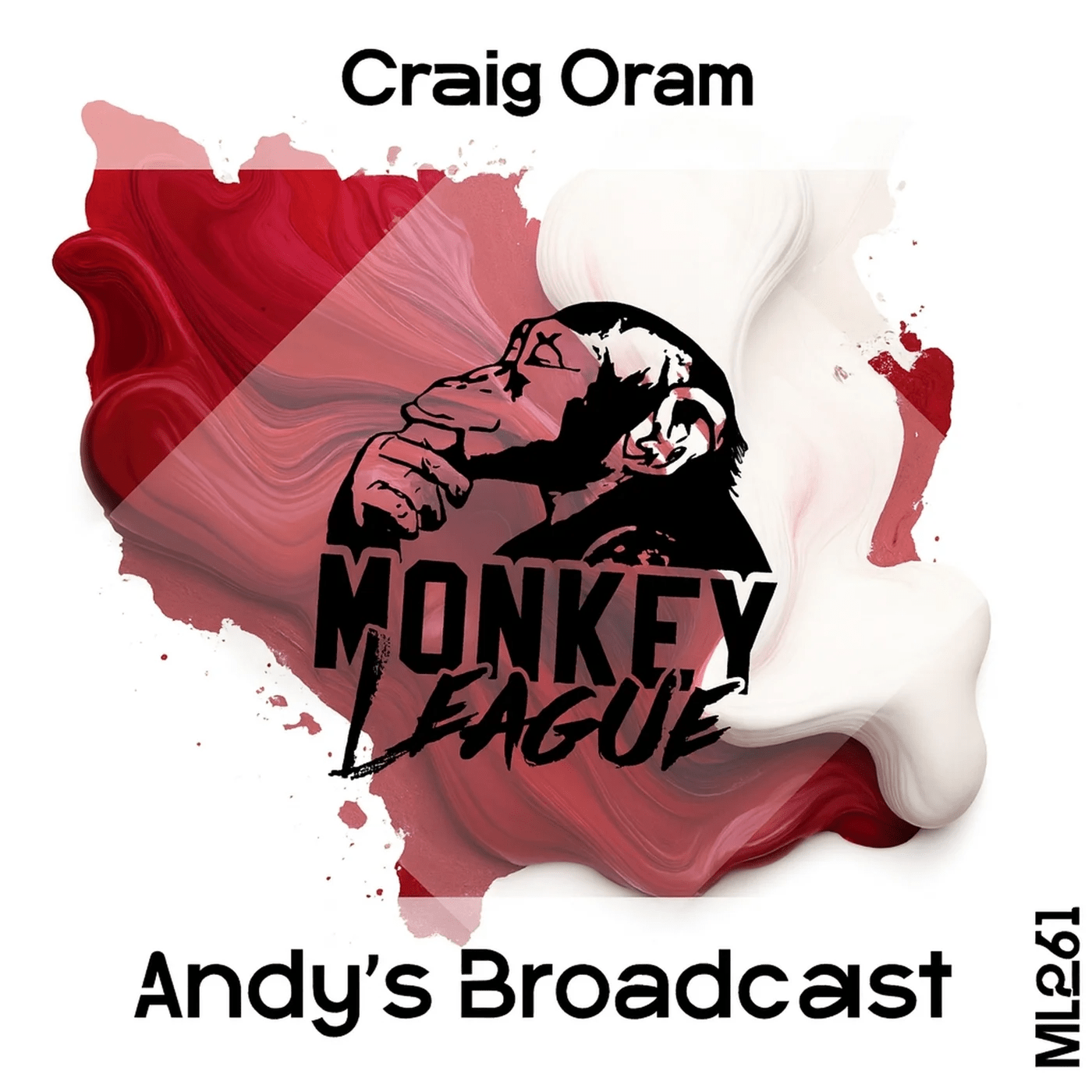You’ll always remember where you were on that afternoon. The 20th of April, 2018. A warm, sunny Friday. Spring had sprung, and with the nights growing longer, the excitement of Summer was once again wafting cautiously into the air. But each bubble of beer in pint glasses around the world instantly started to taste immediately flatter, and every ‘TGIF‘ or ‘Weekend Vibezz‘ post on the Insta-stories of the evening commute suddenly lost all meaning. The news filtered through that Tim Bergling, the man known best as Avicii, had been found dead in Muscat, Oman. Whilst many questioned the somewhat surprising location of his death, the facts remained: The electronic music industry had lost our most important pioneer, and all before the tender age of 29. So more than a thousand days on from the night that the brightest gem in our sky full of stars was left to fade into darkness, where does the industry stand, and how has the death of the ‘King of EDM’ impacted the scene as a whole? This is ‘3 years ‘Without You’: How the dance music industry has changed since the death of Avicii…
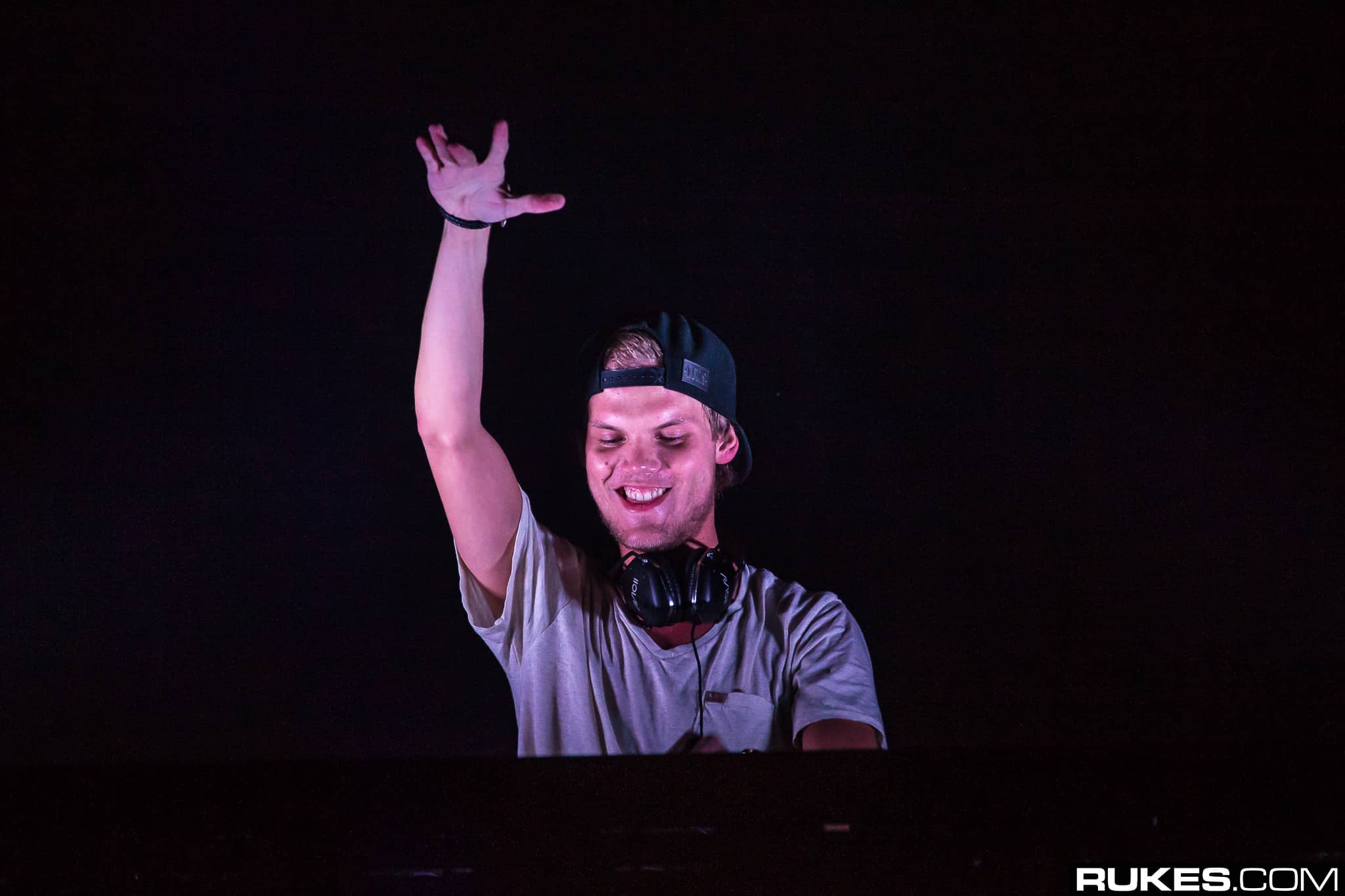
Image Credit: Rukes.com
MENTAL HEALTH
In the immediate aftermath of Avicii’s passing, the words ‘mental health’ skyrocketed as an industry buzz-phrase, with a greater emphasis placed on the human side of DJs & producers, rather than exploiting the ‘brand’ of an artist, in the same way Tim’s own udders were mercilessly milked by power-hungry figures above him in the line of command. From this point forward, promoters/tour managers and artist teams in general were given a rude awakening into the physical demands of relentless flights, jet-lag, and poor nutrition/lifestyle choices. But for some, Tim’s situation served as something of a premonition, and eager to avoid a similar plight, in early Autumn 2018, Hardwell also announced he would be retiring from live shows. Following in the footsteps of the same decision Tim had made in early 2016, it’s certainly no coincidence that both producers were thrust towards the summit of mainstream attention (Hardwell’s own spotlight shined brightest following his 2 x number #1 rankings in the ‘Top 100 DJs‘ poll), and both started to feel the impact of such attention soon-after.

Image Credit: Tomorrowland/Hardwell
AN INNOVATIVE PIONEER
Perhaps the sole reason for Avicii’s rise – the kind of meteoric impact never seen before across the dance music industry – was the simplest: The aural embodiment of the Swede’s powerful production prowess was in a whole new stratosphere to anything we’ve ever seen/heard prior to his breakthrough anthem ‘Seek Bromance‘, and certainly something that’s never been replicated since. Wyclef Jean, who recorded his track “Divine Sorrow” with Bergling in 2013, says he’d met only one other person like Bergling, for whom “the orchestra lives in his head. His neuro fully understands every dot and how everything should go, so it’s like an inside symphony.” That other person was Michael Jackson, whilst Coldplay frontman Chris Martin couldn’t hide his awe of Tim in 2017 docu-movie ‘True Stories’, repeatedly telling the Swede, “Wow man, you’re so talented” during their work together on ‘Heaven‘. The innovation Tim displayed in the studio not only saw the Avicii brand surge, but carried ‘EDM’ along as a whole, with the genre dominating radio airplay and Top 40 charts worldwide. The new Rock & Roll had arrived, this time by artists carrying laptops and USB sticks, rather than electric guitars.

INDIO, CA – APRIL 29: Daft Punk performs at the Coachella Music Festival on April 29, 2006 in Indio, California. (Photo by Karl Walter/Getty Images)
RISE OF THE UNDERGROUND
Sadly, instant replication of quality when losing such a soul from our world is not easily achieved and on the whole, the dance industry has lurked between various trending genres – including tech-house and future rave – but upon the death of Avicii in 2018, ‘EDM’ as we know it was sure to never sound the same again. No longer do we see our festival line-ups dominated by the ‘golden era’ progressive-house gems which filled our charts during the Swedish reign. With the majority of ‘the Insta crowd‘ now favouring the Facebook check-ins at Warehouse-style venues, techno has overtaken EDM as ‘the new cool’, and not even a Swedish House Mafia comeback could change that. This has heralded the dawn of a new era, where underground styles are gradually proving even more popular than commercial hits, something we would’ve never been able to comprehend during the glitzy heights of Tim’s peak at the start of ‘the teenies’ decade.

Image Credit: Charlotte de Witte (via Facebook)
PANDEMIC
If the death of Avicii marked the darkest moment for the electronic industry in our recent history, it was only to serve as a dusk in the overall ever-long twilight we were forced to endure in early 2020. Over the course of the past 12 months, just about every iconic venue has been forced to close with a public cough now attracting the same level of beady-eyed concern as the sound of gun-fire. As the likes of Ministry of Sound, Printworks, Berghain, Omnia, Hakkasan and many more have sat redundant in eery silence, Ibiza – the glitzy jewel in the crown of dance music – has struggled more than most, devoid of tourists for an entire season. With patience – and tolerance – of virtual sets and livestreams now wearing as thin as our love for Zoom quizzes or the baking of Banana-bread, the industry is in dire need of a reopening date. For the United Kingdom – where the Oxford/AstraZeneca vaccine has already been administered to the majority of the population with impressive haste, an initial target of 21st June has been set, but for the EU and beyond, doors may stay closed for a little longer, which could lead to catastrophic consequences for the white isle. With countries like Israel showcasing euphoric scenes of a post-pandemic future with footage of parties even as recent as this week, we optimistically hope that the remainder of this year will herald a new dawn for live events.

SUICIDE
By the time ‘Future-Jack‘ pioneer D.O.D spoke out on his own concerns regarding mental well-being in the industry in a 2018 interview with We Rave You, a worrying trend had started to occur for musicians. Following the deaths of Robert Miles, Chris Cornell and Chester Bennington in 2017, and attempted overdose of Demi Lovato in 2018, a link between musicians taking their own lives had become blatant, presumably as a direct result of stress, invasion of privacy, and life in the public eye. It was a pattern the dance music community took with the upmost importance, but still couldn’t prevent the further passings of The Prodigy front-man Keith Flint in 2019, and perhaps most horrifyingly of all, i_O in 2020. Much like Avicii himself, the American (real name Garrett Lockhart) – who had remixed Above & Beyond, and signed to deadmau5′ Mau5trap label – was accredited with kickstarting a genuinely original, innovative, and refreshing sound within the industry, but by the age of 30, found his demons too much to bear.

Image Credit: i_o (via Facebook)
CONCLUSION
3 years on, the world is a very different place to the one Avicii left behind. Back then, few had heard of the sleepy Chinese location of Wuhan, and commercial EDM still had a foot in the door of electronic music’s overall primetime landscape. In the time following Tim’s passing, his legacy has only strengthened but the industry still requires work to restore itself the glorious carnival we experienced at the turn of the last decade. If there’s one positive we can take from the Swede’s tragic tale, the increased spotlight and focus on mental health awareness can only stand artists in good stead for future. The lesson left for those of us left behind to remember the pantheon of incredible memories his music delivered to us is clear:
“One day, you’ll leave this world behind. So live a life you will remember.”
Rest in peace Tim Bergling
1989-2018

You may also like...
-
-
Reaper rattles the cages of drum n’ bass with debut album, ‘Disruptor’ LP: Listen
by Donald Dominic · Published May 13, 2022
-
Lost Frequencies announces 2022 live tour
by Trace Miles · Published March 16, 2022
EDMHONEY.COM - NEW EDM MUSIC 24/7
- Next story Getter reveals he has “some crazy EP(s) on the way”
- Previous story DMX: Family warns scammers are trying to profit from the rapper’s funeral
Recent Posts

Release of “Dangerous Gift”: DJ and Produce….

Zeb Wayne Unveils His Latest Production ‘Ooh, My ….

Makes My Blood Dance Announce Metropolis Records Signing

Avi Sic Unleashes Bold New Release ‘Seat Back’, Sho….

Renzo Zong Releases Afro House-Inspired ‘Nostalgia Il….

New Track ‘Tio Tego’ Arrives from Hotboxx, Flynn No….

A Fresh Spin on ‘Bittersweet Symphony’ By Alfiya Gl….

Craig Oram Unveils ‘Work It,’ Marking a Fresh Step ….


